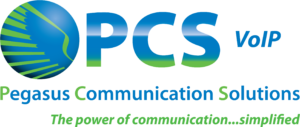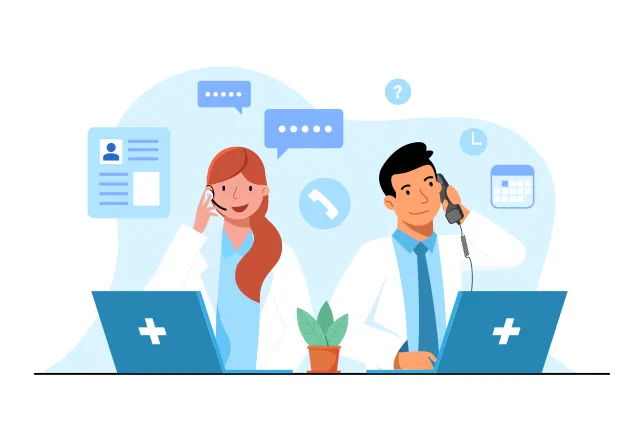January 31,2025
Effective communication is essential for patient care, professional coordination, and administrative efficiency in the hectic and extremely demanding healthcare sector. The changing needs of healthcare companies cannot be met by traditional phone systems. VoIP (voice over internet protocol) technology has changed the game by providing feature-rich, scalable, and reasonably priced communication options. Here are some reasons why VoIP is crucial to contemporary healthcare communication systems.
1. Improved Interaction and Cooperation
Real-time coordination between physicians, nurses, and administrative staff is ensured using VoIP, which facilitates smooth communication between healthcare workers. Medical teams may work together more efficiently with features like call forwarding, video conferencing, and instant messaging, which speeds up decision-making and improves patient outcomes.
2. Efficiency and Cost Savings
The cost of installing and maintaining traditional phone systems can be high. VoIP uses the internet to make voice and video calls, which drastically lowers communication expenses. Furthermore, by doing away with the requirement for pricey hardware, cloud-based VoIP solutions save infrastructure costs while increasing operational effectiveness.
3. Flexibility and Scalability
Healthcare companies are always expanding and changing. VoIP systems have the ability to scale up or down in accordance with the facility’s requirements. VoIP guarantees smooth flexibility without requiring significant infrastructure changes, whether it is integrating remote healthcare experts, growing services, or adding new departments.
4. Communication That Is Secure and Compliant
Strict laws like the Health Insurance Portability and Accountability Act (HIPAA) must be followed by healthcare institutions in order to safeguard patient data. VoIP companies provide patient confidentiality and data security by providing encrypted communication, safe data storage, and compliance with healthcare standards.
5. Healthcare System Integration
Appointment scheduling software, Electronic Health Records (EHR) systems, and other healthcare applications can all be easily integrated with modern VoIP solutions. Workflows are streamlined, administrative workloads are lessened, and overall patient care management efficiency is increased because to this integration.
6. Improved Patient Engagement
VoIP technology enhances patient engagement through features like automated appointment reminders, telehealth services, and 24/7 helplines. These capabilities improve patient satisfaction, reduce no-show rates, and provide easier access to healthcare services, especially for remote and elderly patients.
7. Disaster Recovery and Business Continuity
Conventional phone networks may become unreliable in the event of emergencies, natural catastrophes, or system malfunctions. VoIP systems guarantee continuous communication and care continuity even in emergency situations by providing cloud-based backups, call rerouting, and remote accessibility.
Conclusion
VoIP has transformed healthcare communication by offering a scalable, affordable, and secure solution that is suited to the particular requirements of the sector. Healthcare companies may optimize operational efficiency, improve patient experiences, and foster collaboration by deploying VoIP. VoIP will continue to be a crucial instrument in providing connected, high-quality healthcare services as technology develops.

